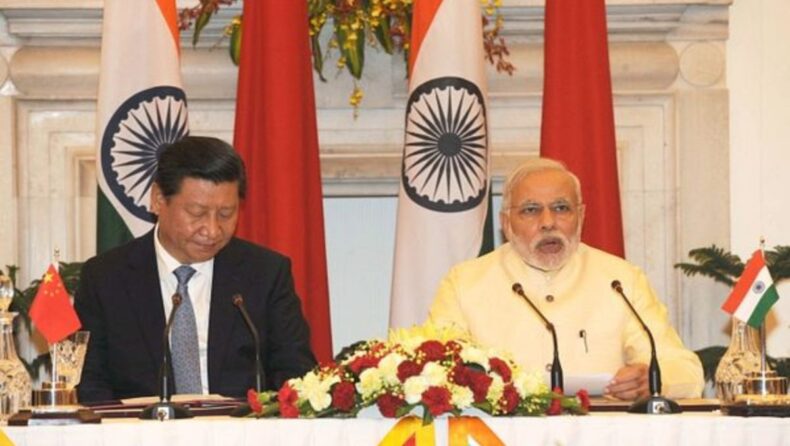During the ongoing G20 Summit in New Delhi, a Chinese research institution has alleged that India is using its G20 presidency to advance its own priorities while negatively impacting China’s interests.
A Chinese research institution associated with the Ministry of State Security has leveled allegations against India, asserting that it is actively leveraging its position as the host of the G20 Summit to advance its own policy objectives, all the while detrimentally affecting China’s interests. These comments from the China Institute of Contemporary International Relations have emerged at a particularly significant moment – the commencement of the annual two-day G20 summit in New Delhi. Notably, this summit unfolds with the conspicuous absence of Chinese President Xi Jinping, adding further complexity to the situation.
The aforementioned Chinese think tank has not only accused India of utilizing the G20 Summit as a platform to promote its geopolitical interests but has also characterized these actions as the introduction of “private goods” onto the global stage. According to the think tank, this approach not only aids India in fulfilling its responsibilities as the host of the G20 Summit but also has the potential to generate additional complications on the international scene.
What further amplifies these assertions is India’s track record of organizing G20 meetings in regions marred by territorial disputes. This includes events held in Arunachal Pradesh, a region over which China also asserts its claim, and in Kashmir, a region that remains a point of contention between India and Pakistan. Such choices in summit locations only serve to add an extra layer of complexity to an already intricate geopolitical landscape, according to the think tank’s perspective.
ALSO READ: G20 Summit Commence Today, At Bharat Mandapam, Delhi.
In a commentary shared on its Wechat platform, the think tank strongly articulated its viewpoint, asserting that India’s hosting of G20 meetings in disputed territories has not only triggered diplomatic and public opinion turmoil but has also, in its opinion, “stolen the spotlight.” This, the think tank argues, undermines the cooperative atmosphere that is essential for the G20 meeting to yield substantial results.
The conspicuous absence of Chinese President Xi Jinping from the summit organized by Prime Minister Narendra Modi has left many pondering, as Chinese officials have chosen not to offer any explanation. In President Xi’s stead, Premier Li Qiang is representing China, adding intrigue to the situation.
India and China, two neighboring Asian nations, have been diligently working to ease military tensions along their extensive border. Nonetheless, New Delhi has characterized the situation as delicate and fraught with risks. Since 2020, India has also intensified its scrutiny of Chinese businesses and investments, contributing to the broader context of their bilateral relations.
President Biden of the United States expressed disappointment over President Xi’s nonattendance at the G20 summit but also expressed optimism about future meetings between the two leaders.
The think tank has additionally accused India of capitalizing on the issue of debt restructuring to criticize China, often aligning itself with the United States and Western nations to amplify the “debt trap” theory. This theory revolves around Beijing’s practice of providing loans to economically disadvantaged countries for crucial infrastructure projects such as ports and roads.
The think tank’s cautionary note underscores its belief that India’s actions have the potential to escalate existing differences and divisions, impede the international community’s ability to achieve consensus and substantive outcomes, and ultimately have a detrimental impact on India’s international reputation and global development interests.













